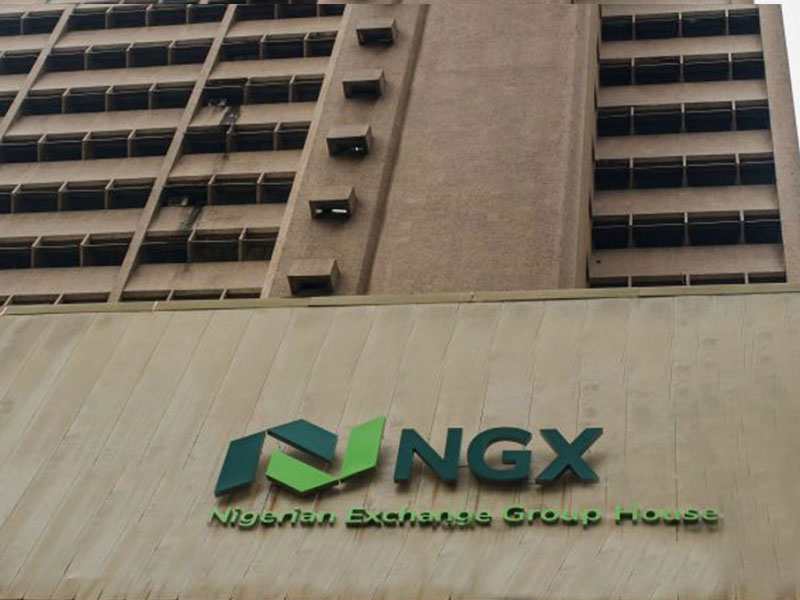The Nigerian Exchange Limited (NGX) closed in September 2025 with a total market capitalisation of N140.6 trillion, with equities accounting for 64.3 per cent.
According to official data, the breakdown shows that equities accounted for N90.40 trillion, while the debt market contributed N50.14 trillion.
However, Exchange Traded Funds (ETFs) slipped to N26.89 billion, reflecting a marginal decline from the N29.19 billion at the close of December 2024.
The surge in the stock market underscores the renewed confidence of both domestic and foreign investors, riding on the back of macroeconomic reforms, policy stability, and stronger corporate fundamentals.
Year-to-date, the equities market has expanded by N27.63 trillion, climbing from N62.77 trillion at the close of December 2024.
Market analysts attribute this robust performance to a confluence of factors: the Central Bank of Nigeria’s (CBN) foreign exchange reforms that ended years of volatility, improved liquidity, banking sector recapitalisation, and the newly signed Nigerian Insurance Industry Reform Act (NIIRA 2025), which has triggered strong momentum in insurance stocks.
The debt market also recorded significant activity, appreciating by N3.68 trillion in nine months to hit N50.14 trillion.
The federal government and CBN bonds remain dominant, alongside four state-issued bonds and 21 corporate debt instruments listed on the exchange.
At the equities end, BUA Foods Plc emerged as the biggest mover, with its share price closing September at N629.70, pushing its market capitalisation to N11.33 trillion, about 12.5 per cent of total equities capitalisation.
MTN Nigeria Communications Plc followed with N8.88 trillion (9.8 per cent), while Dangote Cement Plc posted N8.86 trillion (9.8 per cent). Collectively, these three heavyweights contributed nearly a third of the NGX’s overall equity value.
The Group Managing Director and Chief Executive Officer of NGX Group, Temi Popoola, described the performance as a validation of reforms in the capital market.
“We have worked closely with the Securities and Exchange Commission (SEC) to promote transparency, strengthen investor protections, and accelerate innovation in listings and product development. Our goal is to create an inclusive, globally competitive capital market,” he said.
Analysts believe the market is on course to breach the N100 trillion equities mark by year-end, provided economic stability continues.
“The elimination of foreign exchange losses has been critical. In 2023 and 2024, listed companies posted a combined N867 billion in FX losses. In 2025, we have seen zero FX losses due to exchange rate stability, and this has significantly boosted investor confidence,” said CEO of APT Securities and Funds Limited, Kasimu Garba Kurfi.
Corporate earnings have also played a decisive role, as half-year results showed impressive profits across banking, cement, food, and telecoms, with interim dividends luring retail investors.
The resilience of banking stocks, in particular, has reinforced confidence in the recapitalisation drive.
On the macro front, easing inflation, now at 20.12 per cent, and upwardly revised GDP growth projections by the National Bureau of Statistics (NBS) have further brightened the outlook.
CBN’s gradual clearance of foreign exchange backlogs and firm monetary tightening have stabilised the naira and reassured global investors.
NGX’s nine-month performance places it among Africa’s strongest markets in 2025, highlighting the resilience of Nigeria’s capital market amid reforms and structural shifts.
Kayode Tokede
Follow us on:








